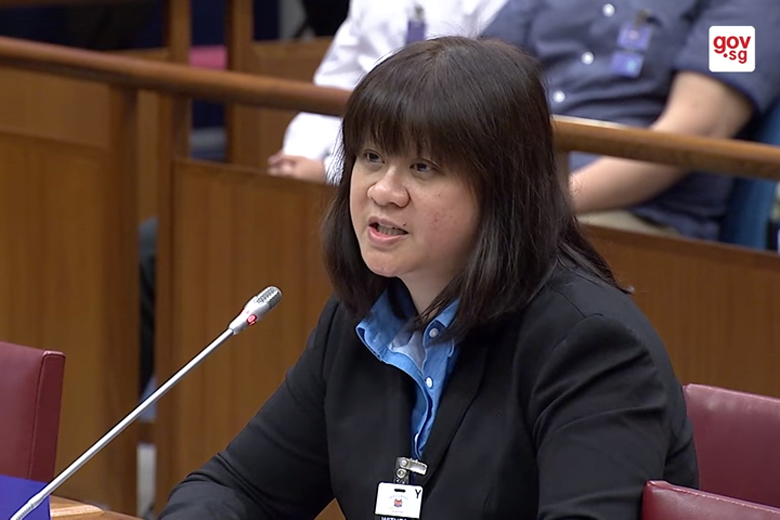Deliberate fake news doesn't warrant protection: Law prof
Sign up now: Get ST's newsletters delivered to your inbox

Constitutional law expert Thio Li-ann said it is misleading to approach the regulation of deliberate online falsehoods simply as a limitation on free speech.
PHOTO: GOV.SG
Deliberate online falsehoods harm society and undermine democracy, and belong to a category of speech that does not warrant protection, constitutional law expert Thio Li-ann said yesterday.
In fact, the spread of disinformation impedes public debate and destroys the very reason for free speech itself, she added. Professor Thio was giving her views at the Select Committee hearings on online untruths, particularly how its regulation can affect free speech.
She said it is misleading to approach the regulation of deliberate online falsehoods simply as a limitation on free speech. Describing it as a complex issue, she said speech is a means to an end, and the reason to safeguard it is to protect the free and open political debate that is at the core of democratic society.
When considering regulation on speech, it is thus crucial to decide what kind of speech deserves constitutional protection, she added. False news, which is spread to say, mislead people, manipulate election results and turn groups against one another, clearly does not belong in this category, she said.
Citing the concept of the marketplace of ideas, she said the belief was that truth would emerge from having a wide range of views. But the townhall type of democracy is very different from an online democracy, she added.
In the marketplace of ideas, people are assumed to have equal access to information and equal opportunity to disseminate information. Butsocial media platforms allow people to customise what they want to see and hear and use algorithms to promote certain content and downplay others, she said.
"Concerns about fake news basically have at its heart a distrust in the public's power of judgment or fears it will be duped or gullible," she said in her written submission.
"However, considering the consequences that deliberate online falsehoods could have on the conduct of national elections or the economy… and how the Internet has altered our communications universe, there is a legitimate need to regulate this to mitigate the effects of such false speech."


